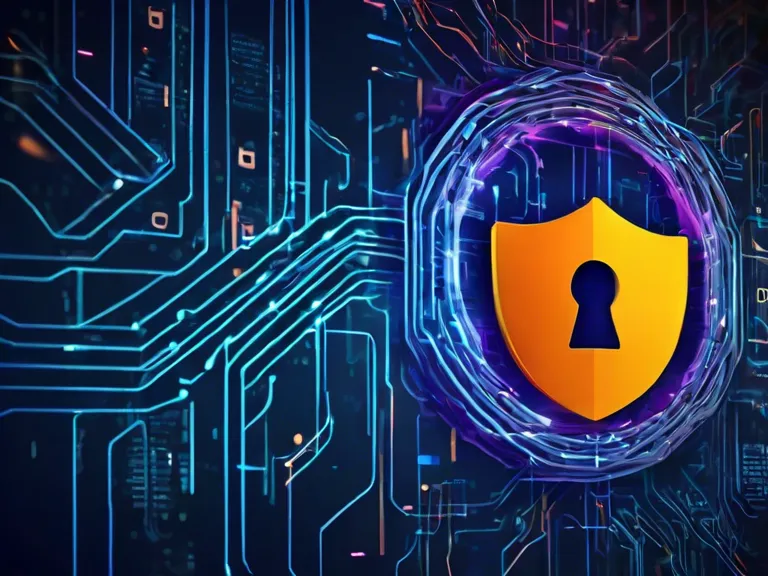
Recent Trends in Data Privacy: How Companies Are Adapting to the Growing Threat of Ransomware
In recent years, data privacy has become a top concern for both businesses and consumers. With the rise of ransomware attacks, companies are now facing a growing threat to their sensitive information. Ransomware is a type of malicious software that encrypts a user's data and demands a ransom in exchange for the decryption key. This type of cyber attack has been on the rise, with hackers targeting businesses of all sizes.
As a result, companies are taking proactive measures to protect their data and mitigate the risk of falling victim to a ransomware attack. One of the key trends in data privacy is the implementation of multi-factor authentication (MFA) to add an extra layer of security to sensitive information. MFA requires users to provide two or more forms of verification before accessing data, making it more difficult for hackers to gain unauthorized access.
Another trend in data privacy is the increased use of encryption to protect sensitive data from cyber threats. Encryption turns data into code that can only be read by authorized parties, making it an effective way to prevent sensitive information from falling into the wrong hands. Companies are also investing in cybersecurity training for employees to raise awareness about the risks of ransomware and educate them on best practices for data protection.
In addition to these technical measures, companies are also investing in cybersecurity insurance to protect against the financial losses associated with a ransomware attack. Cyber insurance policies can cover the costs of recovering from a data breach, including data recovery, legal fees, and regulatory fines. By taking a proactive approach to data privacy and cybersecurity, companies can mitigate the risks of ransomware attacks and protect their sensitive information.
Overall, the growing threat of ransomware is shaping the way companies approach data privacy and cybersecurity. By implementing measures like MFA, encryption, employee training, and cybersecurity insurance, businesses can better protect their data and safeguard against the risks of cyber attacks.

